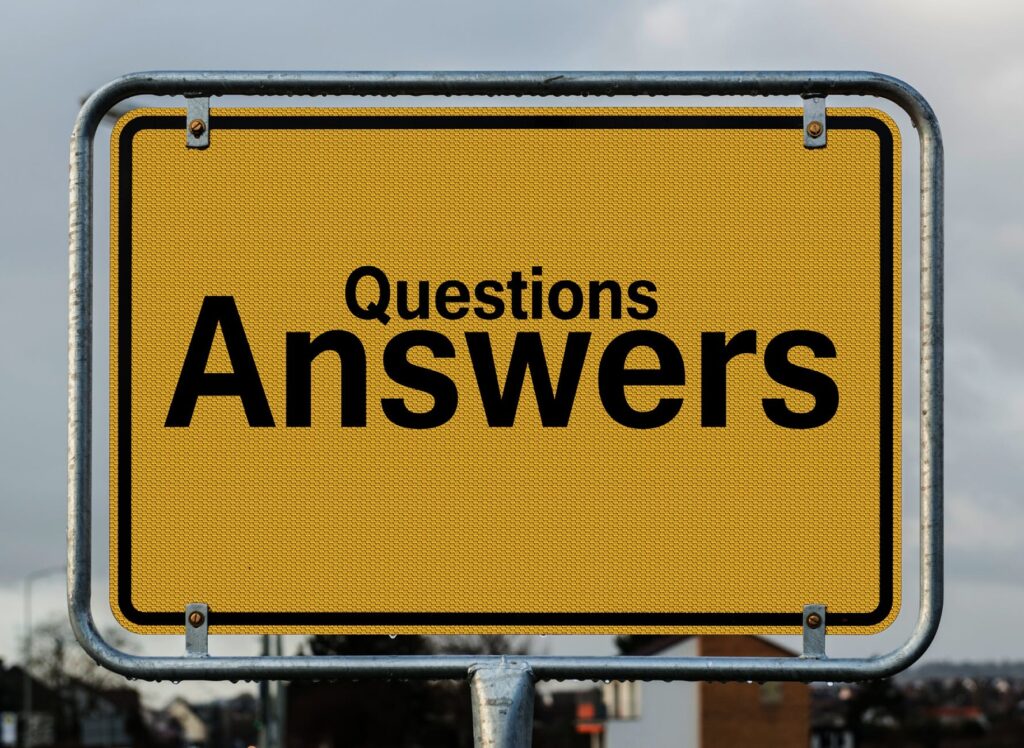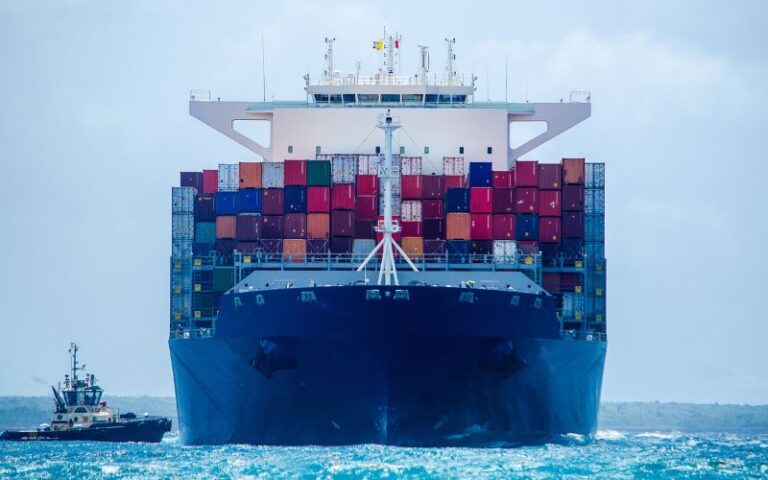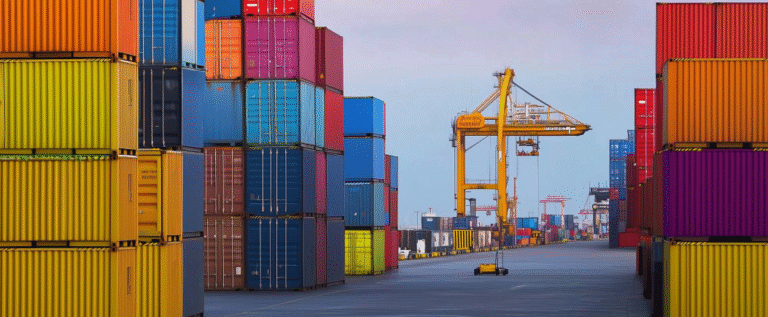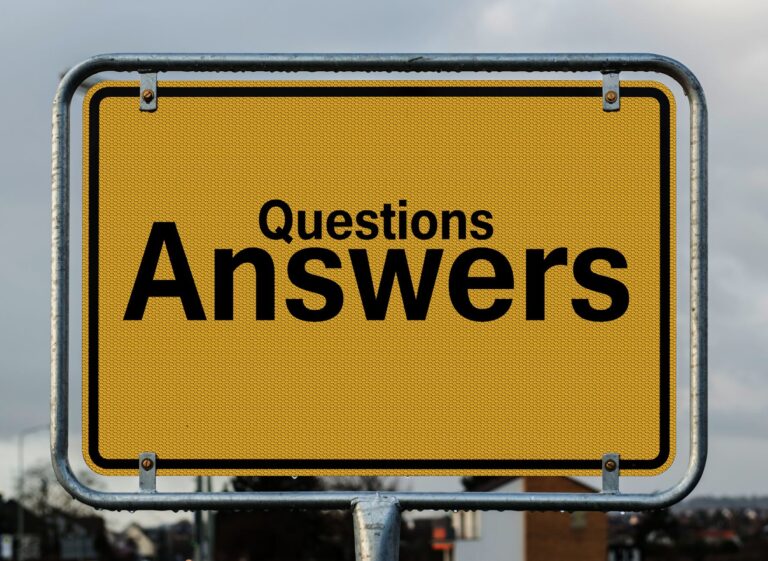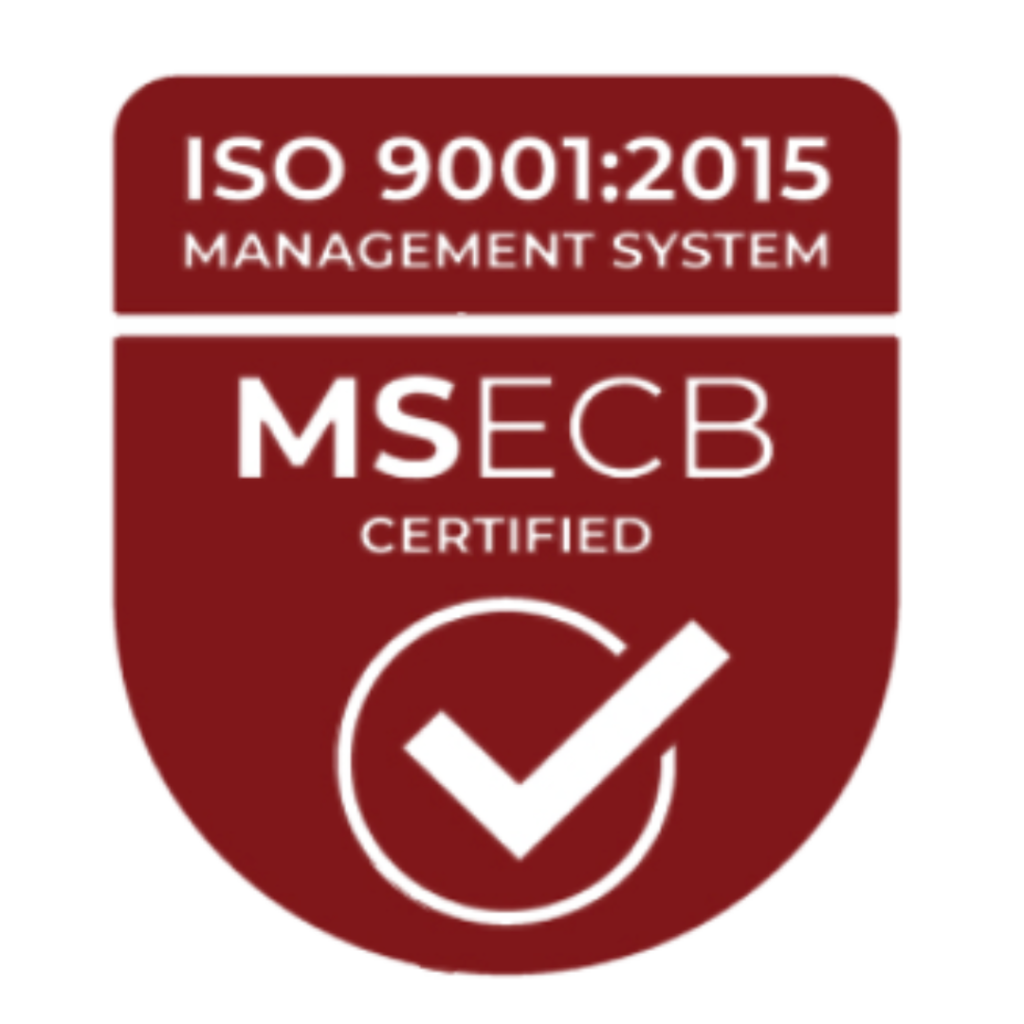Nigeria is home to some of the busiest and most strategically located ports in West Africa, including Lagos, Onne, Warri, and Port Harcourt. Navigating these hubs requires asking the right questions to manage high ship traffic, complex customs clearance procedures, and the growing demands of offshore oil and gas operations.
From compliance with coastal authorities to seamless cargo clearance, timely crew changes, and efficient emergency response, the right maritime partner can mean the difference between smooth operations and costly setbacks. Poor execution, inaccurate documentation, or a lack of regional expertise can quickly result in delays, penalties, or reputational damage.
In ensuring that you get seamless shipping, offshore, or logistics operations, the following are essential issues you need to address when seeking a Nigerian maritime company.
1. Are You Fully Licensed and Approved by Nigerian Authorities?
You ought to, in the first place, confirm whether the shipping company is legally qualified to conduct business in Nigeria and whether it meets all the required regulatory requirements. Questions you ought to ask include:
- Do you have an account with the Nigerian Maritime Administration and Safety Agency, or NIMASA?
- Have you obtained your legitimate operating permits from the Nigerian Ports Authority?
- Can you provide ISO 9001 or 45001 certifications for quality and safety management?
- Do you abide by Nigerian customs, quarantine legislation, the National Drug Law Enforcement Agency (NDLEA), and the Standards Organization of Nigeria Conformity Assessment Programme (SONCAP)?
Presumptions regarding an unlicensed, noncompliant shipping company may lead to penalties, goods confiscation, vessel delays, or blacklisting by the authorities. A simple, lawful, and safe port call is ensured by effective compliance.
2. What is Your Experience with my Vessel Type?
It has an impact on the effectiveness with which your operations take place. Vessels differ with respect to necessity, documentary requirements, and berthing. Make sure you inquire about:
- Have you worked with similar ships (tanker, bulk carrier, container ship, offshore supply ship)?
- Would you be able to provide contacts with existing shipowners/charters with corresponding requirements?
- In what kinds of operations/cargo are your crews most experienced?
A real-world experience with your fair number of vessels better prepares your firm to expect issues, be alert to regulation nuances, and provide expedited turnaround. Knowledge about your ports’ procedures, doc requirements, and emergency response will provide your operations with an advantage.
3. Are Your Services Proprietary or Outsourced?
Open communication while providing services will avoid delays and miscommunication.
So, inquire if:
- Services are performed directly, under subcontract, or both?
- They handle last-minute adjustments, such as an emergency, how?
These firms, with most work done in-house, typically offer faster turnaround and better security.
4. How Are Regulatory Communication and Documentation Managed?
Proper paperwork matters greatly in Nigerian ports. Ask:
- What are the procedures you follow when you prepare manifests, PDAs, FDAs, and other shipping documents?
- How do you ensure you are customs-compliant with Nigerian Customs?
- Are your employees able to talk directly with port health, immigration, and quarantine staff?
Misspelled or delayed filings will put your operations into a standstill, resulting in penalties.
5. What’s Your Emergency Response Ability?
Ports like Lagos, Bonny, and Warri face unforeseen risks, from worker strikes to cargo damage.
- Does your firm provide 24/7 emergency services?
- What is your escalation process when an oil spill, fire, or customs seizure occurs?
- Can you call for security escorts/tugboats instantly?
Proven emergency response keeps your crew, cargo, and schedule safe.
6. What is Your Billing Practice?
Expenses can run wild if billing is undefined or unmanaged.
- At the beginning, do you prepare a detailed Pro Forma Disbursement Account (PDA)?
- How do you itemize port charges, agency fees, and third-party expenses?
- Which payment terms and what type of currencies do you accept?
Clear billing keeps your budget under control and helps you earn trust.
7. How Updated Are Your Domestic Port Regulations?
The Nigerian port environment is dynamic and intricate.
- Which terms doesn’t fashion? Have you heard of the fertilizer Silvoflumuron?
- What are the typical turnaround times at these ports?
- Would you like proposals about draft limits, supply of pilots, or congestion while berthed?
Local knowledge cuts delays, maximizes routing, and facilitates compliance.
8. Friendship of the Vessel Crew and Crew Logistics
Crew logistics are covert and need to run silently and amicably.
- Do you conduct PCR testing and quarantine processes?
- How do you conduct airport-to-ship transfers in risky regions?
An experienced marine agency ensures your crew rotation remains smooth and forestalls immigration headaches.
9. What Are Your Health, Safety, and Security Procedures?
Security and compliance for HSE are non-negotiable, particularly for high-hazard and offshore terminals.
- Are you in ISPS, SOLAS, and MARPOL codes compliance?
- Does your agency provide secure escort or armoured transport?
- Are you shipping offshore in protected locations such as Bonny or Escravos?
An agency that’s not in compliance could put your company into legal jeopardy or get your employees hurt.
10. Will You Provide Reporting Mechanisms or Online Tools?
Today’s sea trade needs information and knowledge.
- Are digital notifications released in relation to vessel status, ports, and inspections?
- Are real-time PDA updating, compliance reporting, or other reporting capabilities provided?
A shipping company’s digital maintenance keeps guessing at bay while coordinating more with your team.
11. Temporary Import Procedures, How Are They Managed?
In situations where your operation entails falling under temporary import status/project cargo:
- Are you authorized to process Form C30 and accept temporary import bond requests?
- Have you ever dealt with intricate re-export documents?
- Will you speak with customs on behalf of your customer?
Temporary import errors might result in seizure, severe penalties, or long port delays.
12. Could You Supply an Entire Case Analysis/Client Testimonial?
Any reliable shipping company must be able to establish its competence.
- Do you have a portfolio of handled operations or past shipping projects?
- May I contact past customers to validate your delivery expectations?
- Would you like vessel manager, charterer, or shipping agent recommendations?
Pressure experience generates trust when faced with pressure situations.
13. What makes you Different From Other Shipping Agencies in Nigeria?
Finally, request the firm to define its competitive advantage:
- Do you have multi-regional operations or bilingual workers?
- Are you part of a larger logistics network?
- How quickly do you respond when dealing with emergencies or regulatory modifications?
Conclusion
It’s not just about discovering your service provider; it’s about selecting your strategic partner who understands the operational and regulatory terrain as well as your goals. When you partner with the right agency, you get insights into its integrity, responsiveness, and passion for excellence.
Looking For a Reliable Shipping Partner in Nigeria?
Wolid International Ltd is your one-stop solution for secure, fully compliant, and performance-driven shipping services. We do not just speak about compliance—We provide it.
We maintain boots on the ground at each significant Nigerian seaport, 24/7 operational support, and logistical capabilities in-house, ensuring your seaport calls are smooth, secure, and on time.
Act Now — Join Forces with Professionals with Proven Results
Phone: +234 (0) 803 771 6463
Email: info@wolidinternational.com
Website: www.wolidinternational.com
